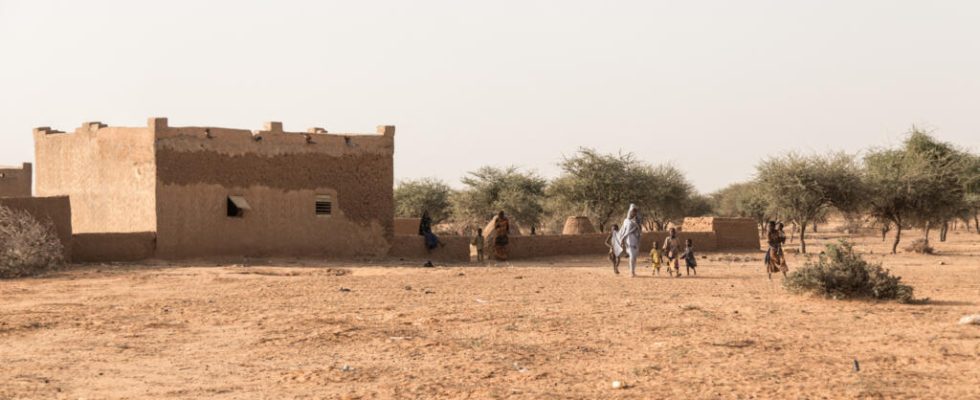In Mali, the inhabitants of Ménaka suffer from the blockade imposed by several armed groups and in particular by jihadist groups. Food, gasoline, medicines… supplying the city is increasingly difficult and products are becoming more expensive. On Sunday, February 4, a civil society delegation from Ménaka met the governor of the region to inform him of all these difficulties.
3 mins
With the exception of the town of Ménaka, the Islamic State group controls the entire region, including access routes to neighboring Niger. Since the capture of Tidermène last April, the town of Ménaka has been literally surrounded by IS fighters.
The rival jihadists of Jnim, linked to al-Qaeda, announced a blockade on the access routes to the city at the end of last September. At the end of December, it was the turn of the CSP rebels (Permanent Strategic Framework, signatories of the 2015 peace agreement and today again at war against the Malian state) to decree an embargo on all the main cities of the north from Mali including Ménéka. But the Jnim and the CSP do not have a strong presence in the Ménaka region. If they can claim to block, upstream, the Algeria-Kidal-Ménaka road, according to local security sources, it is essentially the action of the Islamic State group which is today hindering supplies to the city.
Read alsoMali: the Islamic State group takes the locality of Tidermène, Ménaka on reprieve
Gasoline and rice
According to residents, contacted by RFI, gasoline has become rare and its price has increased from less than 1000 to more than 4000 F per liter. The price of rice has more than doubled. Ménaka civil society also warns of the shortage of medicines in pharmaceutical depots. After seeking the governor’s support, his officials warn, in a press release: if a solution is not found, ” other actions » will be considered. Requested by RFI, the governorate of Ménaka did not respond.
The blockade suffered by the city adds to the difficulties already linked to welcoming displaced people: there are more than 45,000 in the region, according to figures from the UN Humanitarian Coordination Ocha. These displaced people fled the violence of the Islamic State organization and the fighting between jihadists and the Malian army and local armed groups allied to the Fama, such as the Movement for the Salvation of Azawad (MSA).
The majority of displaced families have reached the town of Ménaka where they are housed with relatives or in makeshift sites set up in the town, with problems accessing water. Recently, a group of local associations launched a cry of alarm over the hygiene and food problems that these displaced people are facing, requesting the support of the national authorities and the international community. According to the report published at the end of January by Ocha, 75% of households in Ménaka are currently in a situation of food insecurity and nearly 20% of children under five in the region suffer from acute malnutrition.
Read alsoMali: “Cry of the heart” for the displaced people of Ménaka
